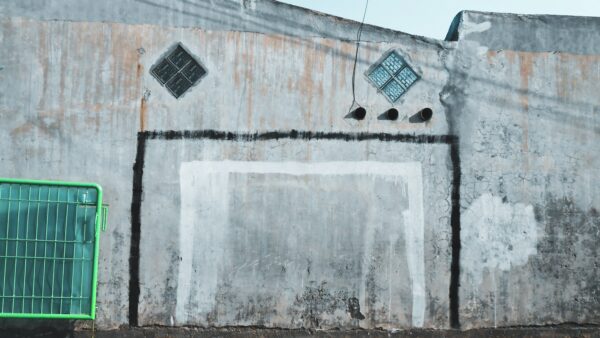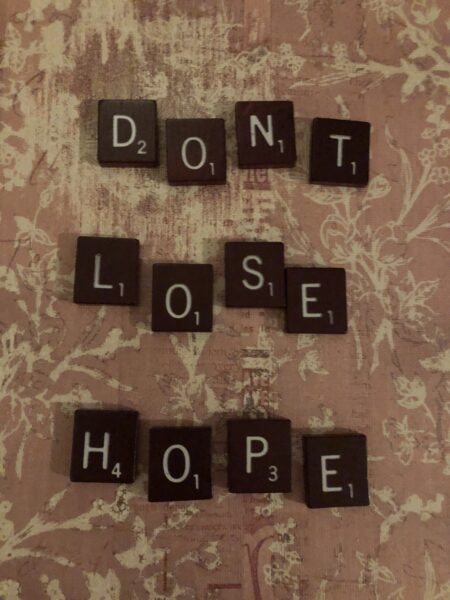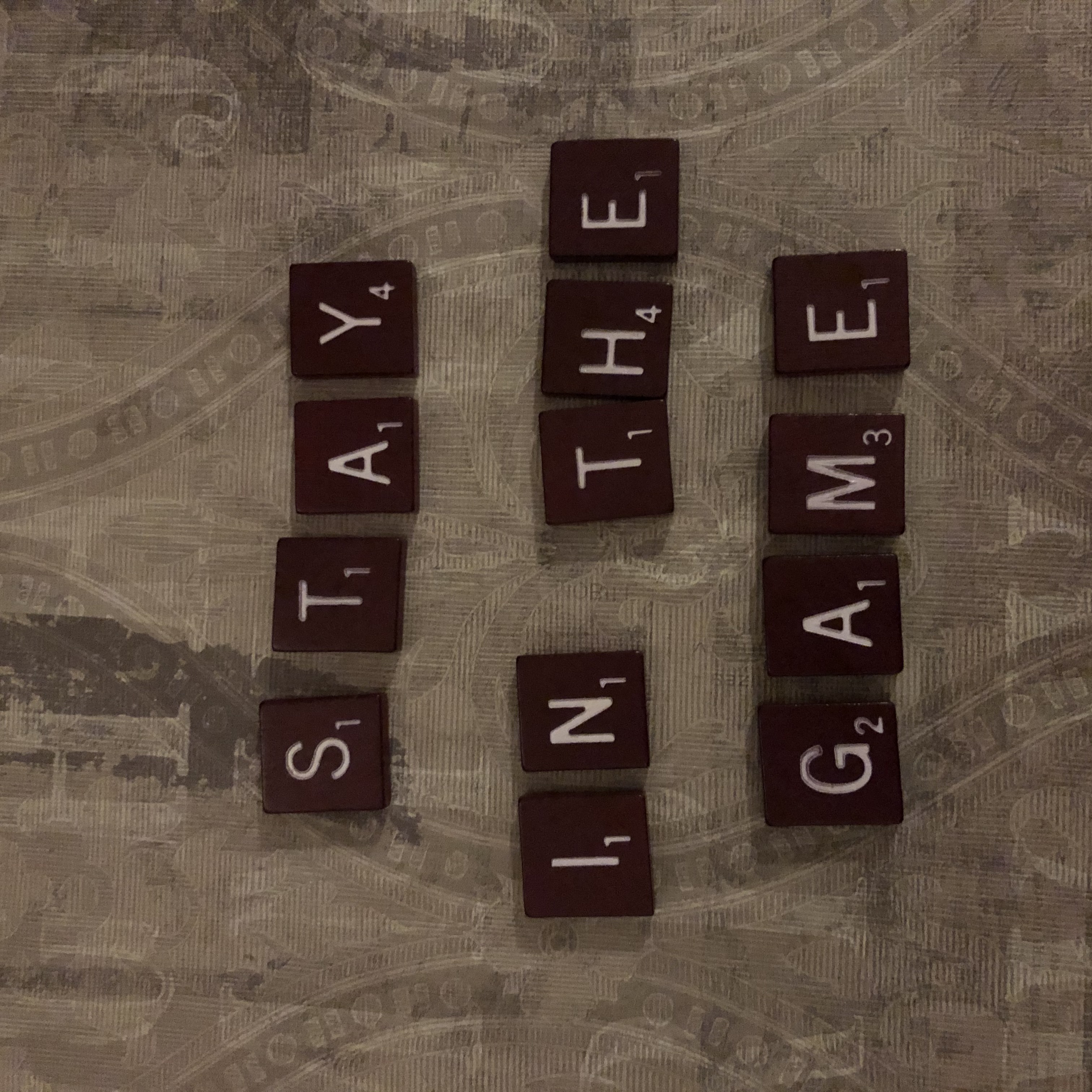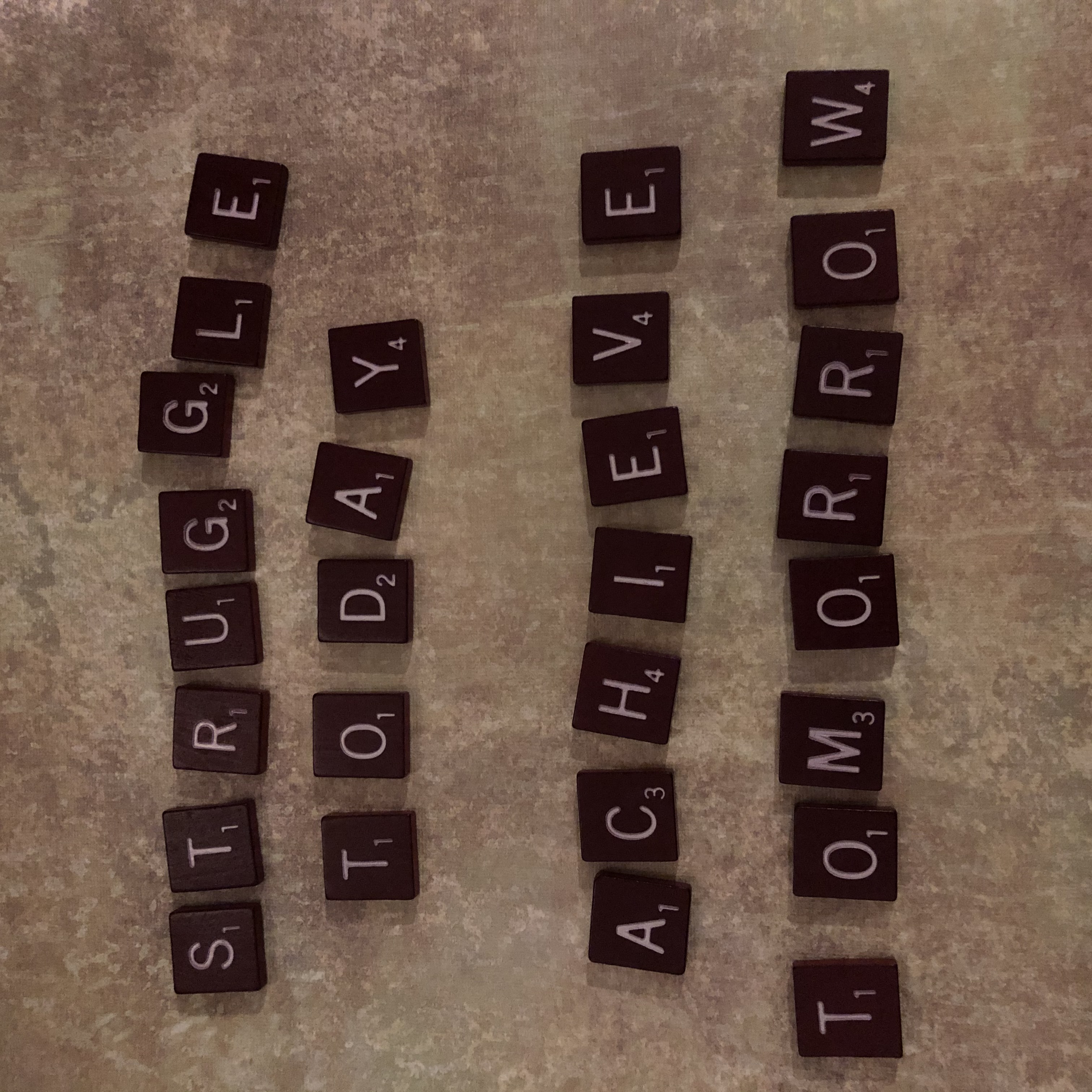Tell me about your goals. What were they before Covid-19? What are they now?
I’m guessing they are somewhat different. Our priorities have shifted. At home, this is good – more time with family and pets, and far less time on our hair!
However, my educator goals have suffered terribly. Prior to this year, I had clear and powerful goals for my classroom, my students, and myself. In fact, I had three areas that I was independently researching or promoting, and I was really fired up about them, too. I was building a toolbox of my own to be the best teacher I could be to my students.
Here are my goals, pre-Covid:
EQUITABLE OPPORTUNITIES for ART STUDENTS: To promote materials and activities that meet the creative needs of all students.
TRAUMA-INFORMED METHODS for SECONDARY TEACHERS: To emphasize building relationships with students to create safe spaces for the growing numbers of children who deal with abuse and neglect in its many forms.
NEURAL EDUCATION STRATEGIES: To personally increase my understanding of how brains work to help students to be the best learners they can be.

I felt I was on track to make big strides this year after experiencing some great moments of success in all of these areas in early 2020. For instance, I have been campaigning for the arts in my community to ensure marginalized students have access to after school activities that appeal to a wide variety of kids. I finally got approved for a big budget for my drama program after nearly two decades of having to fundraise for scenery paint.
Likewise, I had been using my voice on our Leadership Team to advocate for trauma-Informed practices. I fell a bit short of that goal, but we were on the verge of adopting official social emotional learning curricula, which felt like a start.
And on the neural ed front, by early 2020 I had used my amateur techniques with several individual students, helping them understand how to break free from their stress brain to get back to learning. I had collected bouncy balls and juggling sticks and dozens of activities to try out in whole-class activities.
Then Covid-19 closed us down.
The theatre equipment came in by the truckload with no excited students to help me unbox it. The SEL practices stalled. And the bouncy balls are on a semi-permanent hiatus.
All of these things rely on community, on face-to-face, on up-close-and-personal. It’s true; my school is meeting face-to-face on a hybrid schedule. But it is different now. Now it is a race every day to get as much teacher-led learning in by the bell. No more student-led activities and very few opportunities for one-on one. We are back to “Sage on the Stage” and trying to instruct like our lives depend on it while we have them in front of us.
And, since half of the kids will not work at home – no matter what we say or do – we have to give them time to work in class while we wait to help them submit assignments they should have done at home. We give less and less work and lower our standards incrementally.

My goals have shrunk. Where once it was about engagement and achievement, I literally am writing Student Growth Goals on getting work from students at risk. Just. Getting. Work.
I am demoralized by this.
I am exhausted by this.
Coaching kids for hundreds of hours to put together a theatre arts production? Piece of cake.
Counseling troubled kids through trauma and getting them to write and breathe and smile? Soul nourishing.
Teaching kids to juggle or bounce balls to relieve amygdala hijack? Energizing beyond belief.
Teaching during Covid? Narrowing my practice to get five days of instruction into two? Settling for just getting work from a kid?
I had lofty goals that I enjoyed pursuing. Now, I have small goals that seem so very hard to achieve.

On the one hand, I am glad I am not pouring over the benchmark scores for reading and stressing out over the high numbers of kids just “approaching standard.” Those scores seem trivial now. And, of course, we will rally and salvage some improvements to our practice out of these weird times.
But I had such plans…
I guess I want to know if there are others out there mourning the loss of lofty goals. Or, maybe, someone out there knows how to bring back the hope we had for innovation.
So, please, tell me about your goals. What has our ongoing crisis in education changed for you and your educator dreams?
And finally, since I’m not ready to truly give up my pet projects, here are my latest – and highly relevant – discoveries on those topics for your perusal:

Why Arts Advocacy Is Needed Now More Than Ever (The Art of Education University)
Trauma-Sensitive Remote Learning (Trauma and Learning Policy Initiative, Harvard)
Children’s Brain Development in the Time of Covid-19 (Scientific Learning)
Goal 1–Stay positive. Focus on what’s working. Celebrate successes.
Goal 2–Empathize with parents and students who are trying to do school from afar. It’s hard for families with both parents working, and/or the kids have constant interruptions from siblings and dogs. It’s a wonder they accomplish anything.
Goal 3–Encourage kids to do one piece of quality writing before Thanksgiving. Send out questions to tease out more details from them. Meet with small groups to do writers group where we do readings and offer feedback. Make and share videos for how to tackle the steps of writing.
My goal (besides survival) is to always interrogate my priorities. How important is it that this particular assignment is completed? What do I really want my students’ experience to be? Right now we’re wrapping up a novel-study unit, and I figured out right away that about 75% of the students were not doing the reading, or the little check-in asynchronous tasks that were associated with the reading. So I had to ask, what do I want my students’ experience to be with this novel? Is it completion of paperwork? No. So, I turned my daily “office hours” time into a read aloud, where I zoom and read aloud the day’s assigned pages, and they are expected to react, pose questions, etc., in the chat. They do that, I excuse them from the day’s assignment (a little bribery, I know). It seems to help. I have more kids engaging with the book, and therefore, when we do meet for “real class,” more kids are interacting. It is still a meager shadow of what I’d hold as a minimum standard for discussion in a face-to-face environment, but it’s a whole lot closer to the experience I want them to have. So what if they don’t do every assignment…is that what I really wanted, anyway?